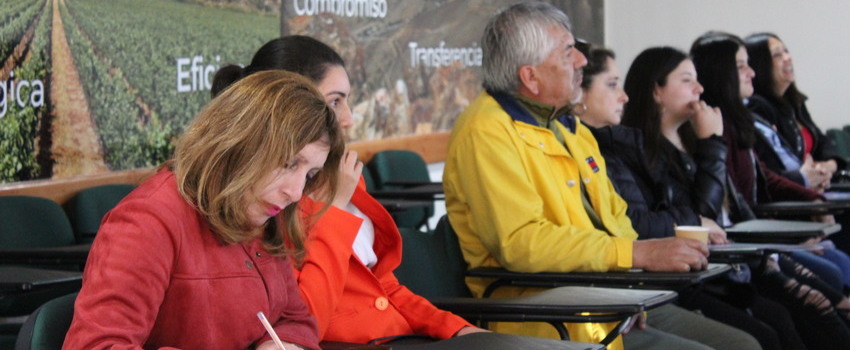
Twenty-four students from different educational establishments participate in the program.
The presentation was aimed at the parents of the students who participate in the “I want to be an Education Professional” program, recognized by the MINEDUC in accordance with the provisions of Law 20.903 on the requirements for access to pedagogies.
The objective of the meeting was to inform parents and guardians about the progress that the students have made in the initiative. The Coordinator of the “I Want to Be an Education Professional” Program, Dr. Karla Campaña,He stated that “the purpose of this activity was to show how their children have been strengthening their teaching identity and interest in the pedagogies and pedagogical skills developed so far thanks to the program. Without a doubt, the objective was met, parents were informed about the work being done with them and about the different issues that influence access and university life, as well as the comprehensive support of students during their stay at the university. .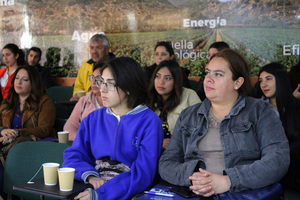
In this regard, Carolina Santander, mother of a student at the Altazor Vicente Astorga School, expressed: “I think it is an excellent measure on the part of the program coordination, I am one of the mothers who loves to know what her son is doing, so it is valued see what they teach, what the methodologies are like, how my son is evolving (…) Also, as his mother it is important that he know that I support him in his decisions.”
In this way, the program prepares the 24 students to be part of the second generation that will enter the University of La Serena during 2020, after approving the access and preparation program for pedagogies, responding to article 27 of the Law 20.903 that creates the Teacher Professional Development System.
In the first instance, Dr. Campaña referred to the importance of the program for the institution in the initial training of teachers and how it contributes to the improvement of education in the Coquimbo Region.
Regarding participation in the program, Krishna Zamora, a student at Diego de Almeyda School, stated that “it is very gratifying and fruitful for us as high school students to participate in the program, since the professionals in charge are able to explore capabilities that we did not know they had.” we counted; The experience is very pleasant since when we get to class we analyze the different methodologies that the teachers apply and in addition to this we can contribute to making the classes better.”
To conclude the activity, the work guidelines of the APRENDE ULS program were presented, explained by journalist Daniel Aguayo; to a talk about Scholarships and Benefits, given by Marisol Avilés, from the Department. of ULS Student Welfare, and finally a talk from the promotion unit of the General Directorate of Student Affairs DGAE ULS, so that parents and guardians have the necessary information when their children enter higher education.

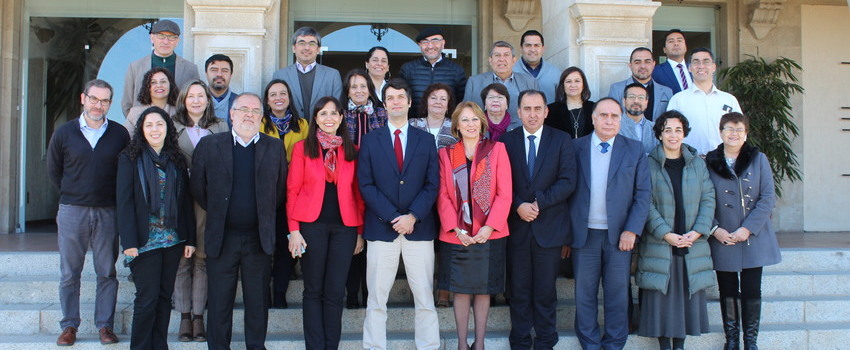
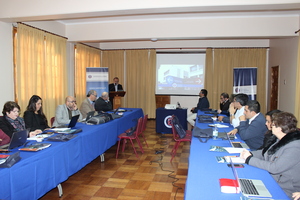
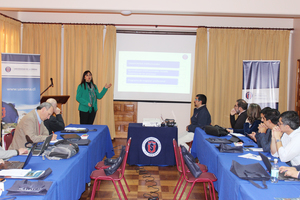
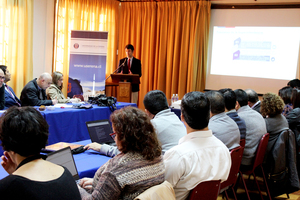
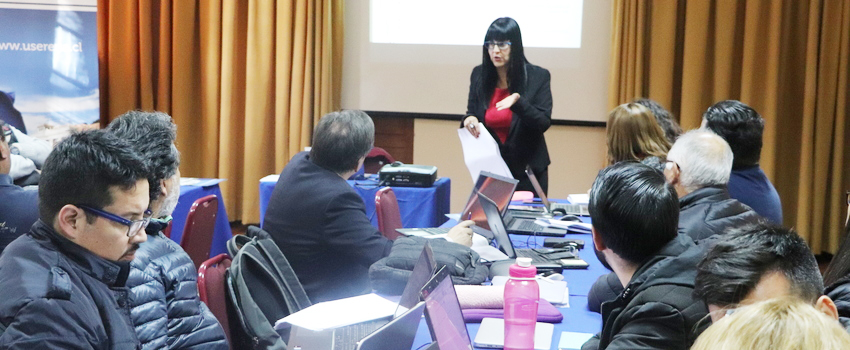
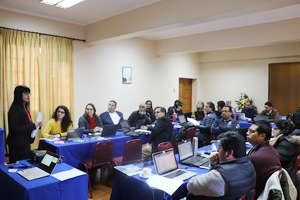
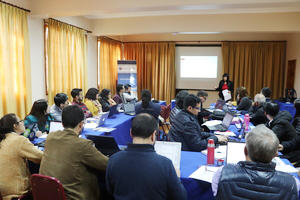 Although this course is aimed at academics who are beginning to prepare academic publications, academics who have experience in this area also participate. From this perspective, Dr. Perines indicates what the work of the academics has been like within the course. “Although the course is aimed at people who are just starting out, there are academics who have some notions, some have published a paper, but they need to publish in more prestigious journals. There are different levels and it is noticeable, however, we try to present a work so that everyone feels that they are learning, I give advice for those who are more experienced and also for people who are starting out, of course, always with the focus on those who are starting out. ”.
Although this course is aimed at academics who are beginning to prepare academic publications, academics who have experience in this area also participate. From this perspective, Dr. Perines indicates what the work of the academics has been like within the course. “Although the course is aimed at people who are just starting out, there are academics who have some notions, some have published a paper, but they need to publish in more prestigious journals. There are different levels and it is noticeable, however, we try to present a work so that everyone feels that they are learning, I give advice for those who are more experienced and also for people who are starting out, of course, always with the focus on those who are starting out. ”.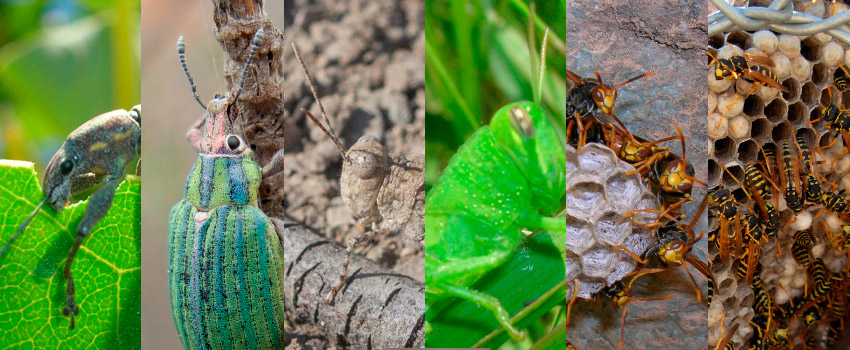
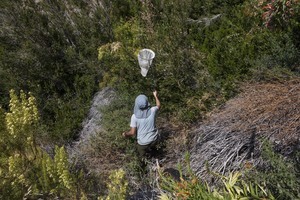
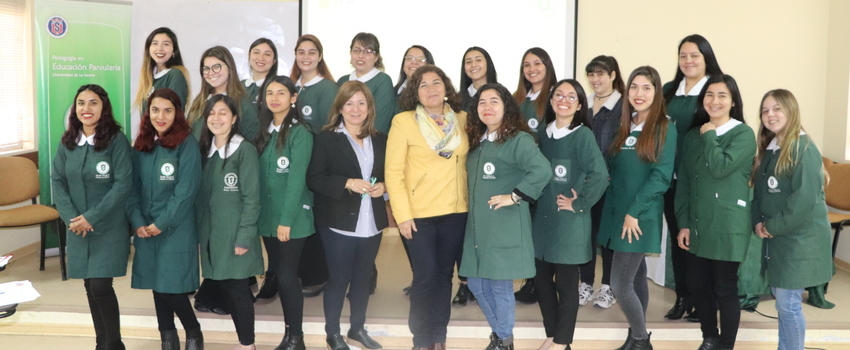
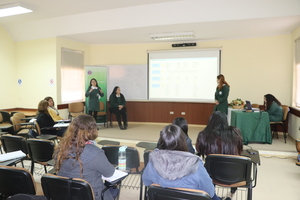
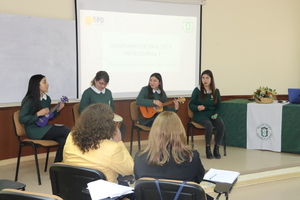
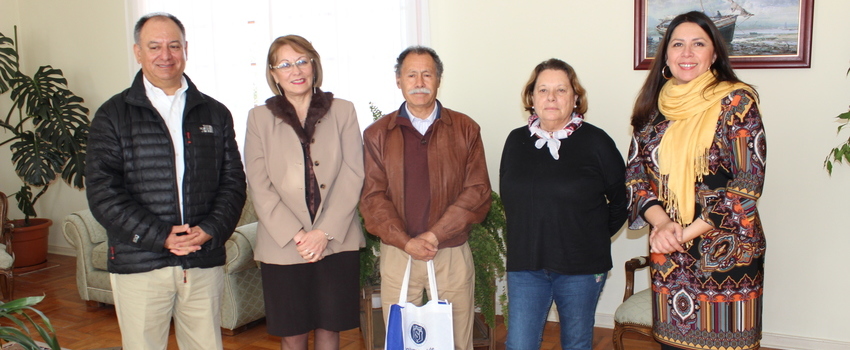
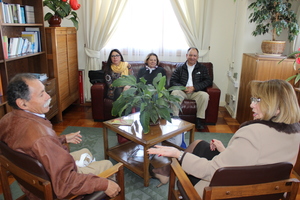 The president of the Center, representing more than 30 workers from the Chuquicamata Division who are part of the group and who were students at the State Technical University (which later became ULS), wanted to convey the feeling of their selfless work, the which has been around for 40 years and has been maintained over time thanks to the constant support of its members.
The president of the Center, representing more than 30 workers from the Chuquicamata Division who are part of the group and who were students at the State Technical University (which later became ULS), wanted to convey the feeling of their selfless work, the which has been around for 40 years and has been maintained over time thanks to the constant support of its members.